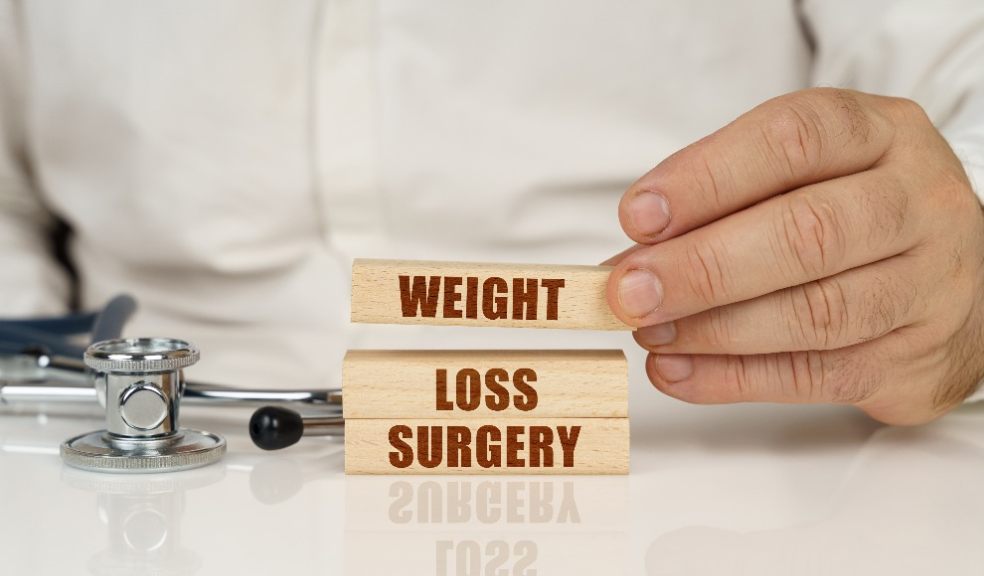
Weight Loss Surgery: What To Expect Before and After
For people dealing with excess weight or severe obesity, weight loss surgery provides them with hope for a healthier future. But this surgery can be a life-altering decision, so it’s only understandable that patients want to take their utmost time to see if this procedure is best for them.
To put this growing trend into perspective, over six million had undergone bariatric surgery from 2008 to 2018, which reflects the procedure's popularity. Add to that the fact that it has a success rate of 90%, so this means it has a huge potential to dramatically transform patients' overall health and quality of life. (1) (2)
Contemplating having a weight loss surgery? This article will share with you the things that you can expect before and after the procedure.
What To Expect Before Weight Loss Surgery?
Before the surgery, you’ll be required to undergo several evaluations, modifications, and preparations to ensure the safety and efficacy of the procedure. Here’s what you can anticipate:
Medical and Psychological Evaluations
Your healthcare team will assess your eligibility based on factors like body mass index (typically ≥40 or ≥35 with obesity-related conditions), medical history, blood pressure, and commitment to lifestyle changes.
Leading weight loss surgery clinics like BodyFree guide patients through this process and ensure thorough medical evaluations and personalised criteria for surgery readiness.
Psychological evaluations may also be performed to check emotional preparedness and identify potential barriers to long-term success (e.g., disordered eating patterns or unresolved mental health concerns).
Pre-Surgical Lifestyle Modifications
You’ll also be asked to adopt healthier habits weeks or months before the surgical procedure. This can include dietary changes, wherein you’ll have to focus on a protein-rich, low-calorie diet. The purpose of this is to shrink your liver and, ultimately, reduce possible surgical risks.
Another is physical activity. You need to engage in light exercises before the surgery to improve the outcome of your procedure and recovery. You’ll need to quit smoking as well to avoid complications like blood clots or poor wound healing.
Education and Support Systems
Weight loss surgery won’t only change you physically; it can also be emotionally transformative. Expect that your medical team will engage you in educational counselling to make sure you know so much about the upcoming procedure and post-op life. Here, you’ll also be asked to prepare or build a support network to help with your emotional resilience.
Investing time in understanding and preparing for your weight loss surgery can positively impact the results of your procedure.
What To Expect After Weight Loss Surgery?
The post-op life may be an exciting part for most of you as you’re finally living the life of someone who has successfully undergone weight loss surgery. But this stage also demands dedication and commitment to ensure the changes remain permanent and positive. Here’s what you can expect after your surgery:
Immediate Post-Op Recovery
The first few weeks will be all about healing. You’ll likely spend a day or two in the hospital, where your care team will help manage any discomfort as you start to recover. Once home, you’ll be encouraged to do gentle movements like short walks to boost circulation.
As for your diet, you can only sip clear liquids but will eventually transition to pureed or soft foods and then solid foods. This stage is important to help your body adjust slowly but heal safely, so you should exercise patience.
Short-Term Adjustments
As the weeks after surgery roll by, you may start noticing changes, both on the scale and in your body. Many people lose weight quickly at first, which is thrilling, but it can come with temporary side effects like hair thinning or hair loss. (3)
If you’ve had gastric bypass, you might also experience “dumping syndrome,” a reaction to sugary or fatty foods that’s as unpleasant as it sounds. During this phase, increasing your protein and water intake and taking vitamin supplements become necessary to keep your energy up and deficiencies at bay. (4)
Long-Term Lifestyle Commitment
At this point, embracing healthier habits should be your “new normal”. You need to learn to savour smaller meals, eat more protein, and stay away from empty calories. Exercise should also be part of your daily routine. Talk about slow walks, yoga, or strength training.
Finally, you’ll be scheduled for regular check-ups so your healthcare provider can keep track of your weight maintenance and improvements.
Emotional and Social Changes
As mentioned previously, weight loss surgery can also affect you emotionally. You might grapple with loose or excess skin, shifts in self-image, or even unexpected emotions about your “new” self. It’s totally okay to feel overwhelmed sometimes. Connecting with your support network or consulting a therapist can greatly help your mental health.
Overall, the post-surgery life won’t instantly be about getting a slim body or a lower weight. But as long as you commit to long-term lifestyle changes and other important instructions given to you by your medical team, you’ll be on your way to a successful weight loss journey.
Key Takeaway
Weight loss surgery can be an impressive and effective tool for improving your health and quality of life. However, it’s not a quick fix like some people believe to be. It requires an unwavering commitment to dietary, exercise, and medical guidelines. But when you fully understand the rigorous preparations and lifelong adjustments involved, you can make wiser decisions and accept the journey with full confidence.
References:
- “Epidemiology of the surgical management of obesity”, Source: https://www.sciencedirect.com/science/article/abs/pii/S1878788622001783
- “Bariatric Surgery”, Source: https://my.clevelandclinic.org/health/treatments/bariatric-surgery
- “How Are Weight Loss and Hair Loss Related? All You Need to Know”, Source: https://www.healthline.com/nutrition/weight-loss-and-hair-loss
- “Dumping Syndrome After Gastric Bypass Surgery”, Source: https://www.hopkinsmedicine.org/health/wellness-and-prevention/dumping-syndrome-after-gastric-bypass-surgery

















